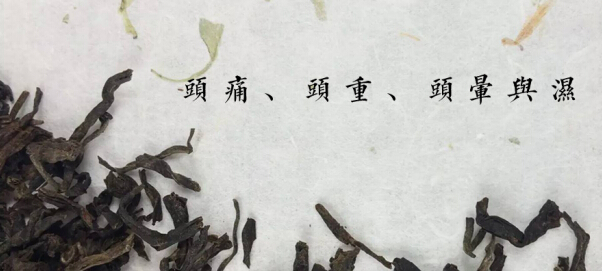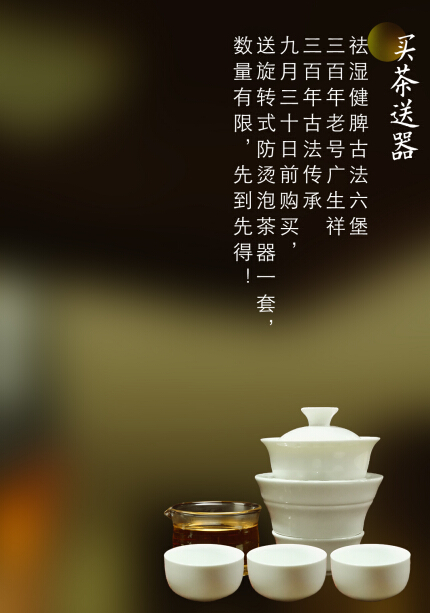
Excessive dampness can cause symptoms like headaches and a heavy feeling in the head. Traditional Chinese medicine often describes it as "dampness weighing down the head like a wet cloth."
When dampness is excessive, the spleen qi cannot rise, and the stomach qi cannot descend, disrupting the body's ability to ascend clear energy and descend turbid energy. At the same time, liver qi cannot stretch freely, leading to stagnation, which may cause pain on the left side of the head.
Three primary methods to identify dampness:
Observe upon waking:
o Fatigue, lack of energy, feeling as if wearing damp clothes—likely due to dampness.
Check stool during bathroom visits:
o Stool sticks to the toilet bowl, requiring multiple flushes; or observe toilet paper—normally one or two sheets suffice. Healthy stool is golden-yellow and banana-shaped, but few people have such healthy bowel movements today. With dampness, stool appears greenish, loose, and incomplete.
Examine tongue coating during hygiene routines:
o "The tongue reflects the heart and mirrors the spleen." A healthy tongue is light red and moist, with a thin, white, and clean coating. If the tongue is swollen with tooth marks and excessive saliva, it usually indicates dampness.

